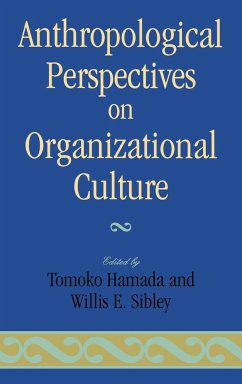
Possibility of Anthropological Fideism
An Essay on Symbol, Interpretation and Enigmas in Cross-Cultural Inquiries
Versandkostenfrei!
Versandfertig in 1-2 Wochen
74,99 €
inkl. MwSt.

PAYBACK Punkte
37 °P sammeln!
In this book, D. Z. Zhong establishes a methodological principle for cross-cultural research, called anthropological fideism. While anthropologists take for granted that natives don't really believe the unintelligible or inexplicable things they say, and what they say should express a deeper social meaning, Zhong contends that if we have a translation manual that can interpret a foreign language, and if natives are asserting honestly, then what natives say still express natives' belief, no matter how absurd it seems.














